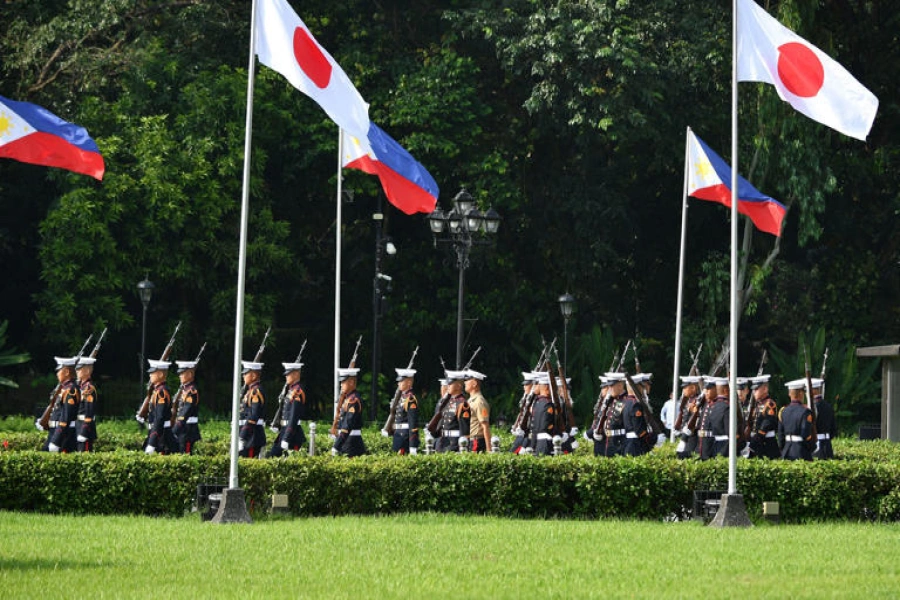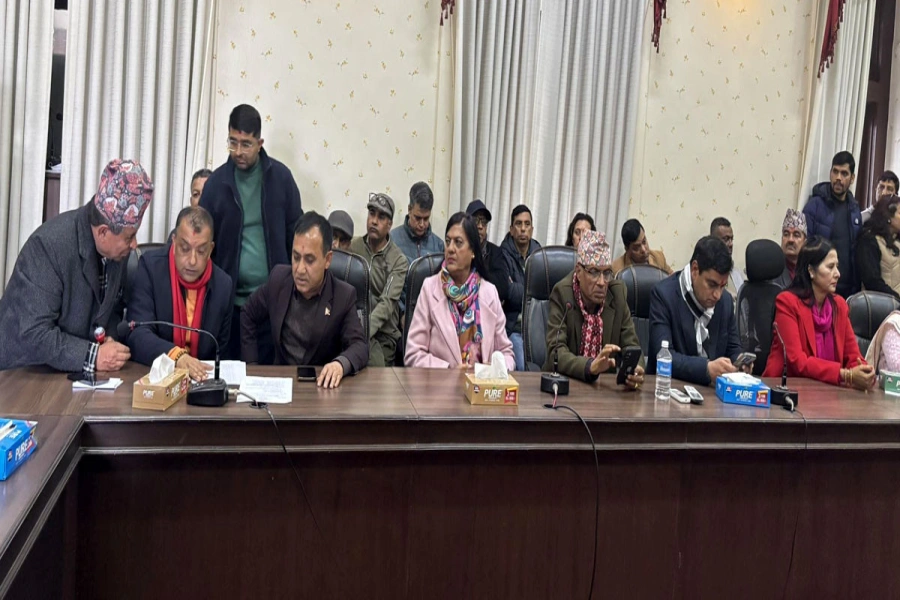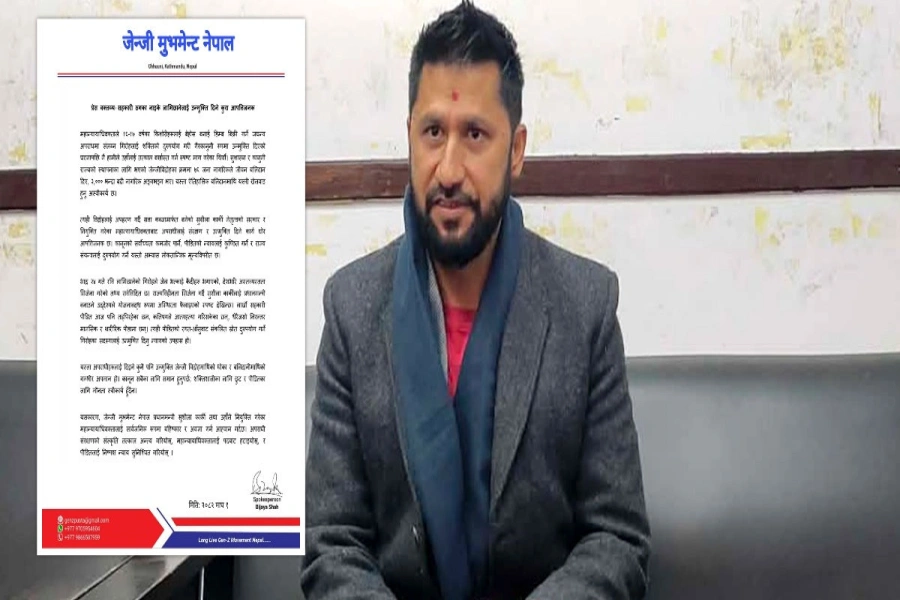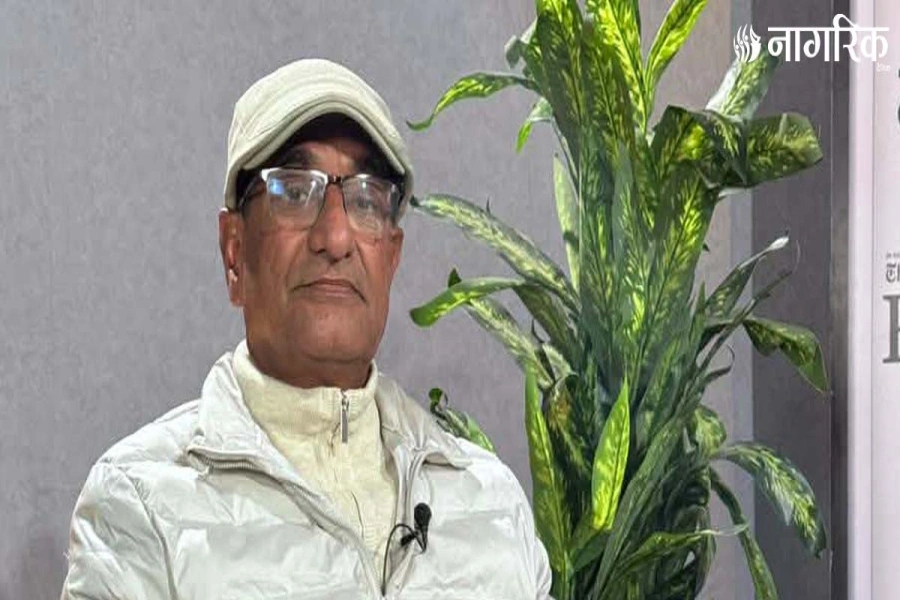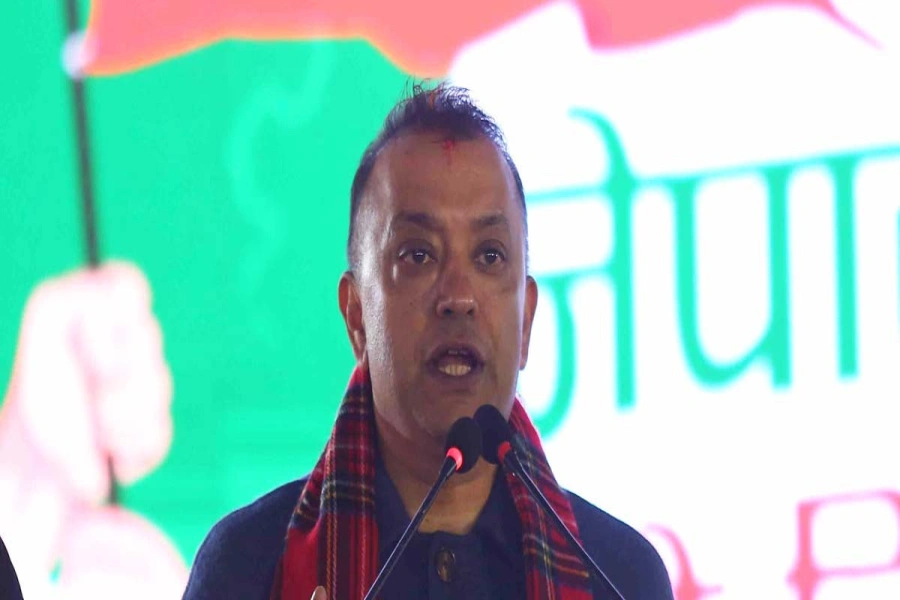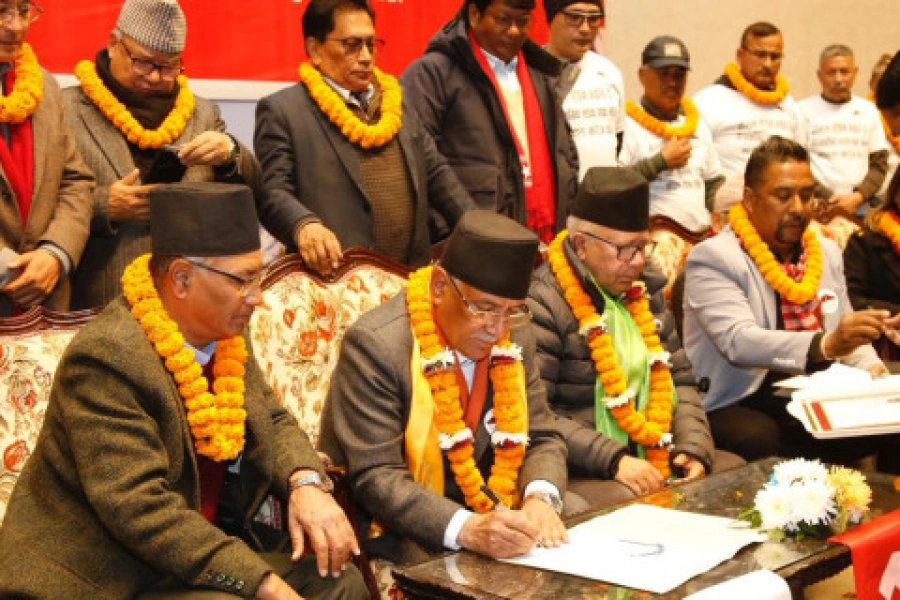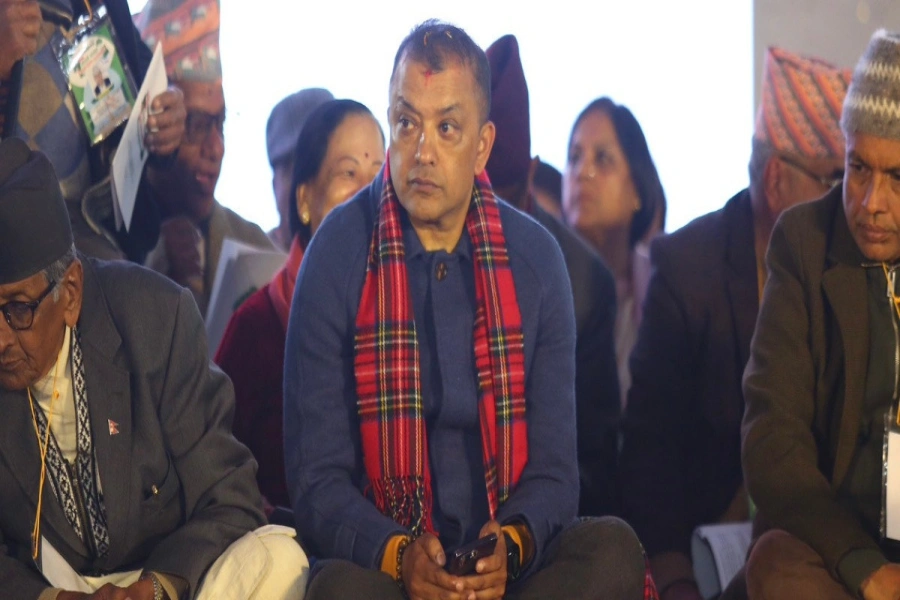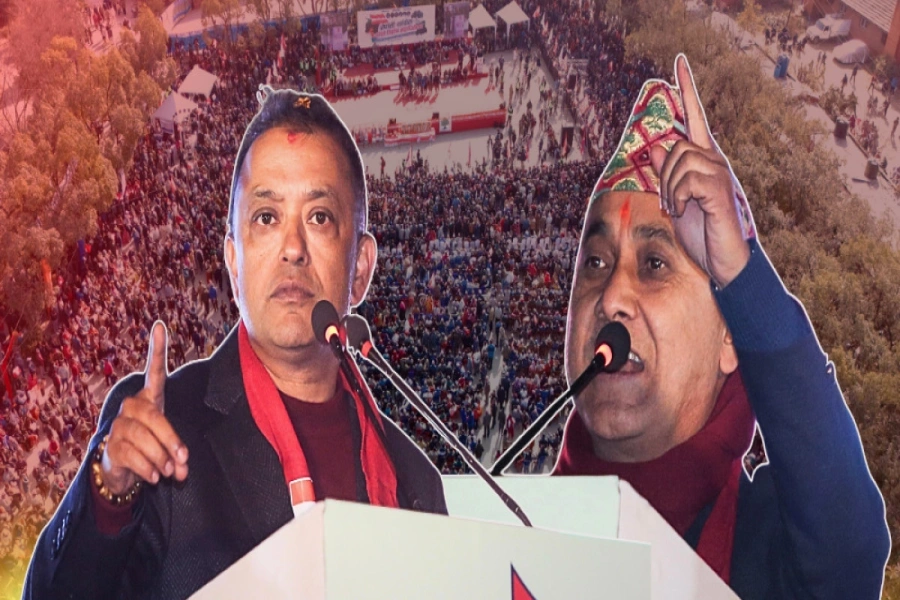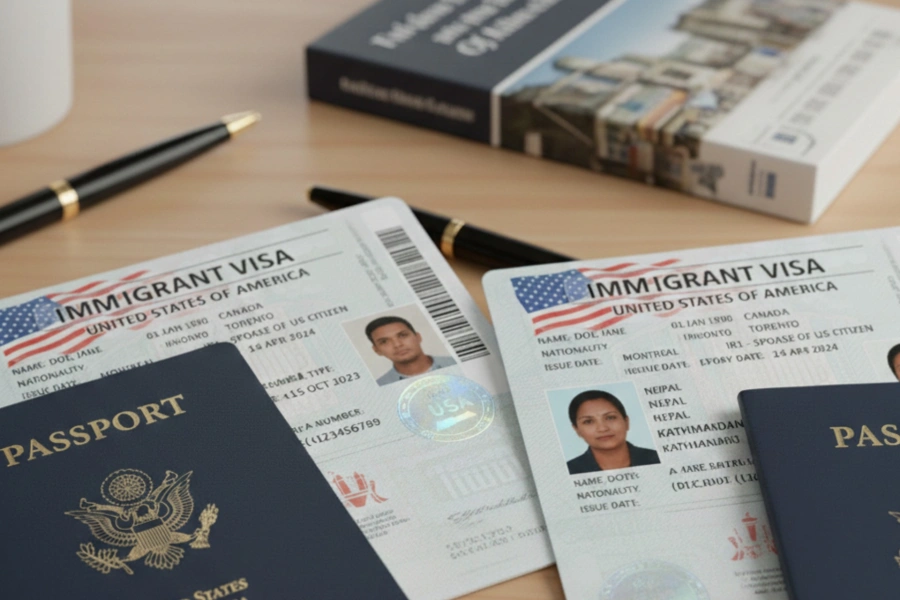Greater LGBTI rights
LGBT advocates fear Kavanaugh’s votes on gay-rights issues

The Mount Everest and Gautam Buddha are Nepal's most enduring claim to international fame. In the middle of a protracted political transition and ravaged by the Great Earthquake, there are very few contemporary sources of pride for the traditionally proud people—with one notable exception. After the election of the first Constituent Assembly in 2008, the country has made steady, if somewhat rocky, march towards gender equality. With 33 percent women lawmakers, ours is one of the most representative parliaments in the world. In 2007, the country legalized homosexuality and the following year the Supreme Court asked the government to take steps towards legalizing the same sex marriage. Under the 2007 court ruling, members of the LGBTI (Lesbian, Gay, Bisexual, Transgender and Intersex) community were already eligible for citizenships under 'Other' category, distinct from the traditionally binary 'Male' and 'Female' gender categories seen in legal documents. The past week, Monica Shahi became the first person to be granted a passport under the 'O' category. From now on all those who have acquired citizenship under 'O' category will be eligible for a Machine Readable Passport under the same category. On the back of these progressive changes the country is fast earning a reputation as one of the most LGBTI-friendly countries in the world.
With its decision to grant passport under 'Other' category, Nepal has now become one of only three countries (along with Australia and New Zealand) with that arrangement. Again, all these changes should not be interpreted as an attempt to somehow destroy our rich culture and tradition. The open depiction of sexual intercourse between same sex couples in the carvings that adorn our centuries-old temples and monuments shows that we were never a prudish society. In fact, it could be argued that our newfound readiness to embrace sexual minorities stems from our inherent nature that is accepting of differing viewpoints and welcomes people from diverse backgrounds. So now should be the time to work at reducing, through a robust awareness campaign, the stigma that is still unfairly (and now illegally) attached to being sexually different in Nepal.


